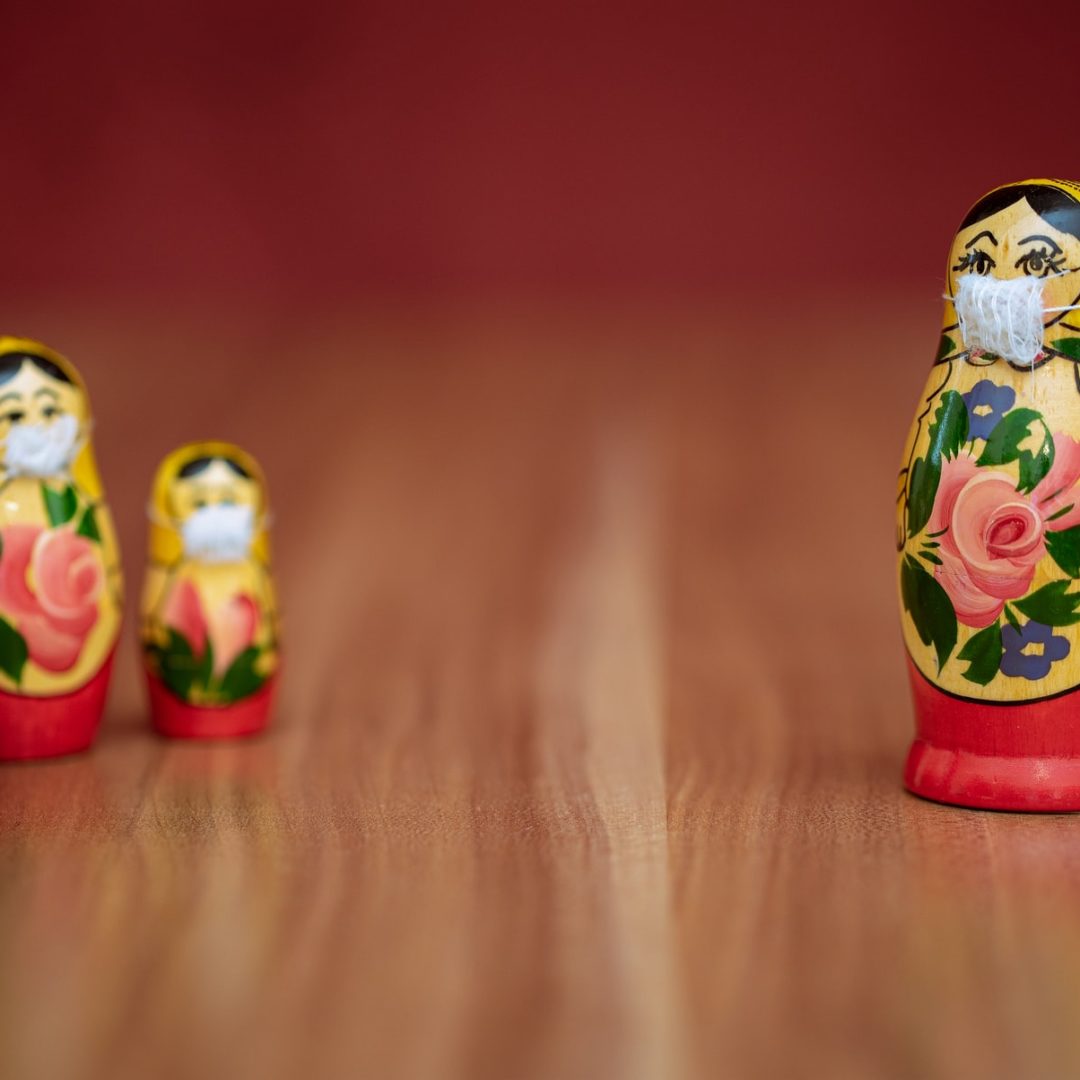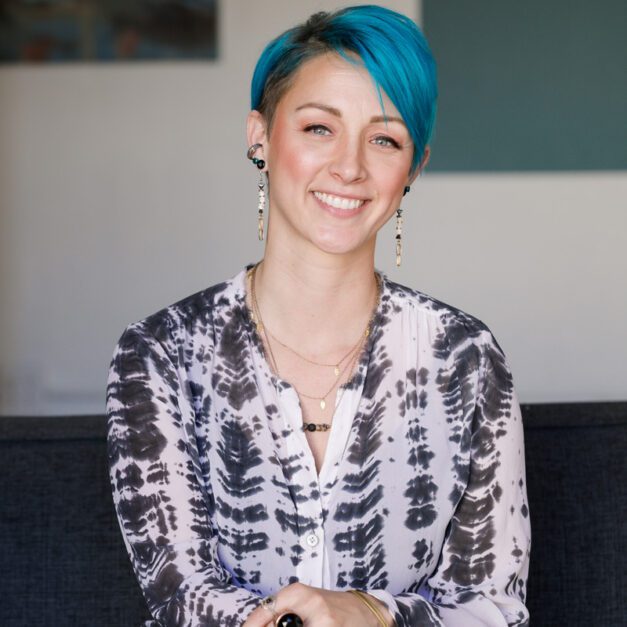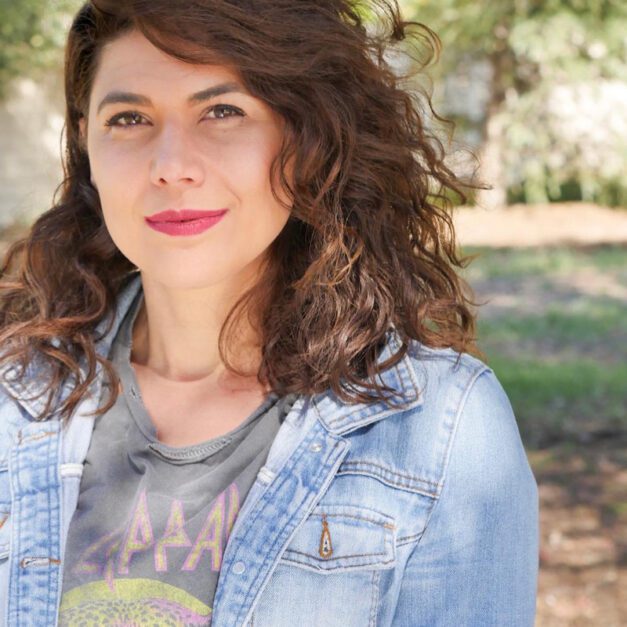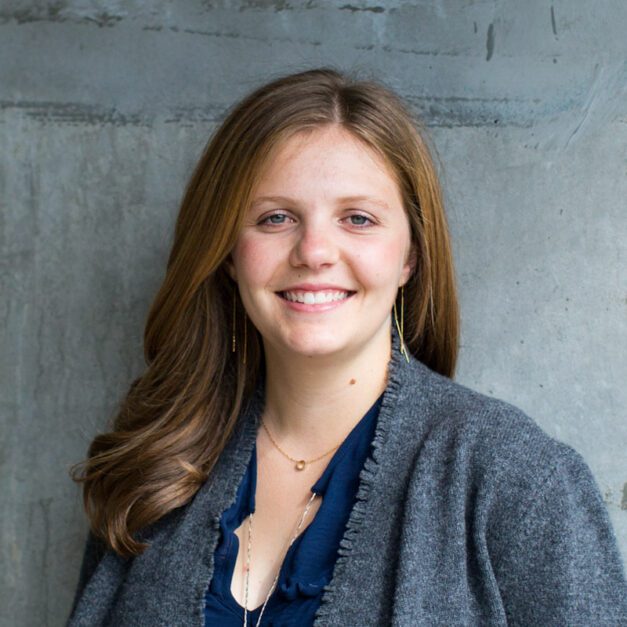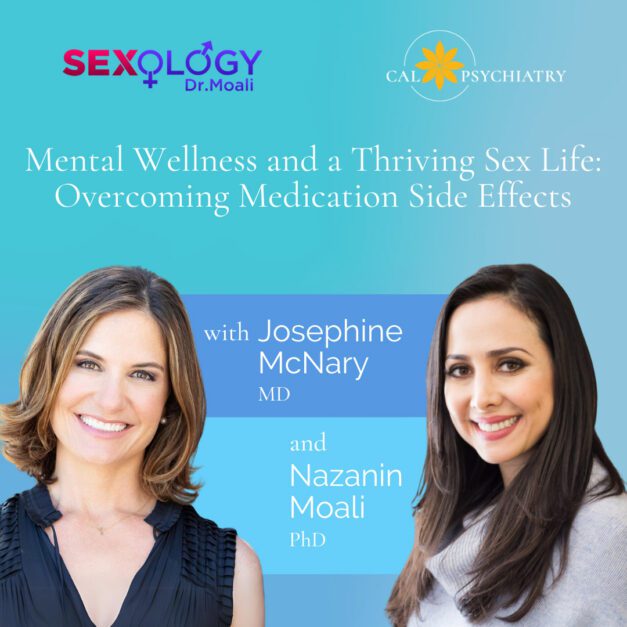With the lack of regular in-person interactions, many people are starting to feel more anxious before, during, and after social situations. For some people, this can develop into a full-blown anxiety disorder known as “social anxiety disorder.” Dr. Jenny Taitz, assistant clinical professor in psychiatry at the University of California, Los Angeles, has some suggestions to help us feel more empowered in our day-to-day lives, despite the vastly different social landscape.
Whether you are a self-proclaimed extrovert or more introverted, many people are noticing less confidence in their social skills since the pandemic. People who used to pride themselves in being able to talk with anyone are now noticing they are analyzing more of their conversations. And for people who already struggled with social interactions, navigating the social scene of the pandemic can feel even more onerous. In her article, UCLA psychiatrist Dr. Jenny Taitz, suggests some tips for curtailing the social anxiety that many of us may be feeling.
Most of us have experienced the feeling of anxiety that prefaces a first date or the jitters that come along with giving a big speech. But for about 7% of people in the United States, this anxiety can take on a life of its own—leading someone to isolate due to fears of being criticized or judged. When symptoms like these take over, it is known as “social anxiety disorder.” This disorder is slightly more prevalent in females than males, and as Dr. Taitz points out it can lead to comorbid substance use and depression. With the pandemic, our normal social scene has morphed into one full of virtual hangouts and “air hugs.” While these are necessary precautions to curb the viral spread, many people are noticing that what used to be effortless social situations, have now become moments that they are second guessing and picking apart. We don’t have the “social practice” that we are used to getting with daily face-to-face encounters, so every interaction can feel all the more intense. We don’t want to “mess up” in a conversation with a friend because who knows when we will have that next social encounter. All of this is leading to people developing more social anxiety symptoms and could potentially lead to a group of people that is socially handicapped when the pandemic is over.
To combat this anxiety, Dr. Taitz suggests a few things. Firstly, “set yourself up for present focus.” She suggests that trying to remain in the present and focus on “doing your best in the here and now.” This will take some of the pressure off of trying to be perfect in social situations. Instead of demanding your Zoom speech be free of errors, tell yourself, “I am giving a speech in the best way that I can in a very difficult time.” Re-centering ourselves can help us remain grounded in the present and not get carried away with all that could go wrong. She also suggests trying to “swap out our negative filters.” A common distortion that many social anxiety disorder sufferers employ is one of the negative filter. They can fall into the trap of thinking “everything is wrong with them” or that people are constantly judging them. Dr. Taitz urges us to try to swap out this erroneous way of thinking and to shift our attention back to reality. If you find your mind starting to wander into a negative headspace mid-conversation, try to re-focus on what the person is speaking about. Your hypercritical thoughts will likely die down and you may even find that that they appreciate your active listening!
If you are starting to feel like your anxiety is getting out of control (whether it is social anxiety or more generalized), CalPsychiatry can help. Our team of physicians can discuss treatment options with you and help give you the tools to start feeling better. We have convenient appointment times (including weekends) and telehealth capabilities to keep you feeling safe during the pandemic.
There’s no time like the present to invest in your mental health and CalPsychiatry prioritizes keeping you well!

